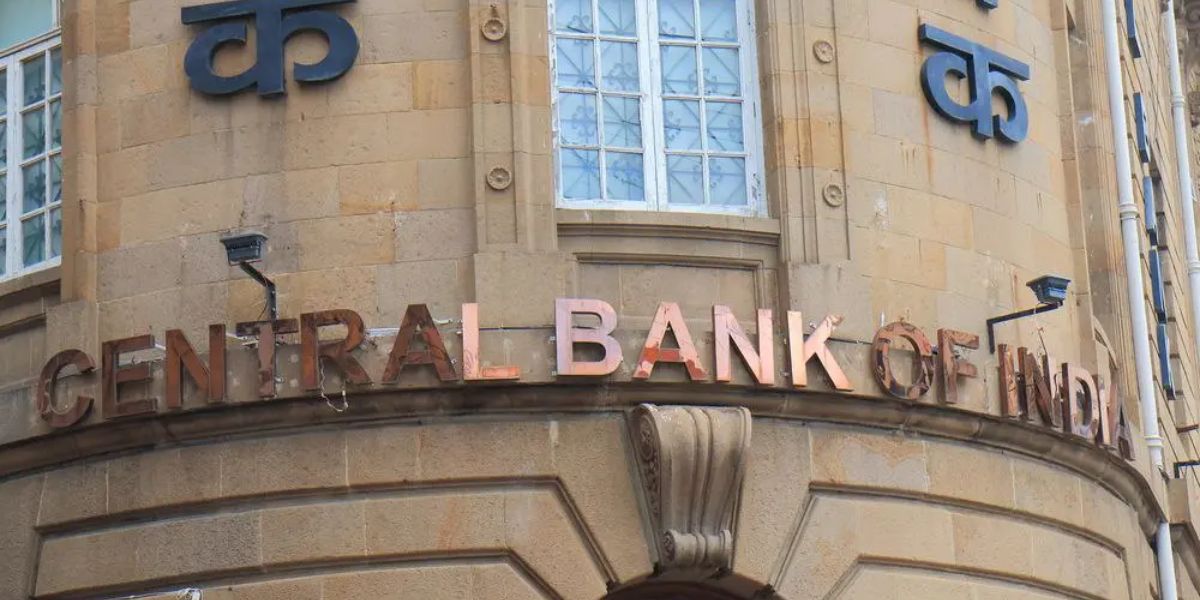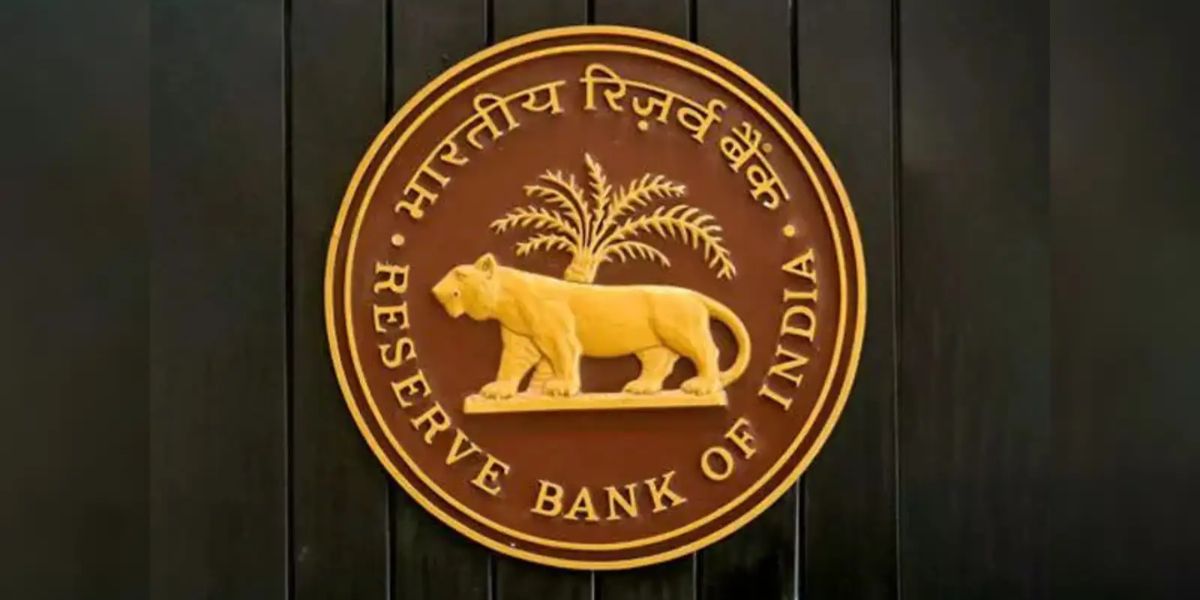Over the past decade, India’s public sector banks (PSUs) have played a transformative role in driving financial inclusion across the country’s rural and semi-urban regions. By expanding their branch networks, launching digital banking services, and supporting government-led financial schemes, PSU banks have become a vital force in empowering millions of rural citizens. These efforts are helping bridge the financial divide, ensuring that even the remotest parts of India are connected to the formal banking system.
Understanding Financial Inclusion in Rural India
Financial inclusion refers to making financial services—such as savings, credit, insurance, and remittances—accessible and affordable to all, particularly those in underserved and rural areas. In a country where more than 65% of the population lives in rural regions, financial inclusion is essential for economic growth and poverty reduction.
Table of Contents
Historically, rural India faced significant challenges in accessing formal financial services due to geographical barriers, lack of financial literacy, and limited infrastructure. Public sector banks have been instrumental in addressing these issues, implementing strategies and technologies to bring banking within reach of every household.
The Expanding Rural Network of PSU Banks
Public sector banks like State Bank of India (SBI), Punjab National Bank (PNB), and Bank of Baroda (BoB) have led the charge in expanding banking access to rural India. According to the Reserve Bank of India (RBI), PSU banks operate over 80% of rural bank branches in the country.
Branch Expansion and Accessibility
PSU banks have established thousands of rural branches and business correspondent outlets to provide essential banking services. Many villages that once lacked basic banking access now have bank mitras (banking correspondents) offering doorstep financial services. This model reduces travel costs and time for villagers, enabling them to open accounts, deposit money, and access government benefits directly.
Supporting Government Schemes
PSU banks have been at the heart of major government programs designed to promote financial inclusion. Initiatives such as the Pradhan Mantri Jan Dhan Yojana (PMJDY), launched in 2014, have relied heavily on PSU banks for implementation.
Under PMJDY, PSU banks helped open over 50 crore bank accounts, many of which belong to rural citizens. These accounts give beneficiaries access to savings options, direct benefit transfers (DBT), and insurance coverage, significantly improving financial security for millions.
The Role of Technology and Digital Banking
Technological innovation has been a game changer for rural banking. PSU banks have leveraged digital tools and mobile platforms to reach even the most remote customers.
Digital Payment Systems
With initiatives such as Unified Payments Interface (UPI) and Aadhaar-enabled Payment Systems (AePS), PSU banks have made digital transactions easy and secure for rural customers. Farmers and small business owners can now receive payments, transfer funds, and check balances using their mobile phones or biometric authentication systems—without needing to visit a physical branch.
Mobile and Micro ATMs
To serve areas where full-fledged branches are not viable, PSU banks have deployed mobile ATMs and micro-ATM devices operated by banking correspondents. These facilities allow customers to withdraw cash, deposit money, and access basic financial services conveniently.
For example, State Bank of India has launched several mobile banking vans across remote districts, providing essential banking services to villages with poor infrastructure.
Promoting Financial Literacy and Awareness
Financial inclusion is not just about opening bank accounts—it also requires financial literacy. PSU banks conduct regular financial awareness camps, workshops, and school-level programs to educate citizens on savings, credit, insurance, and responsible borrowing.
The RBI’s Financial Literacy Week, supported by PSU banks, focuses on improving rural communities’ understanding of formal banking channels. By promoting awareness, PSU banks are helping rural populations make informed financial decisions and avoid dependence on informal lenders.
Credit Support for Rural Entrepreneurs and Farmers
Rural development depends heavily on access to credit, especially for agriculture and small-scale enterprises. PSU banks provide loans under schemes such as the Kisan Credit Card (KCC), Self Help Group (SHG) programs, and MUDRA Yojana, enabling farmers, artisans, and small business owners to grow their income sources.
The National Bank for Agriculture and Rural Development (NABARD), another key PSU institution, supports rural financing through refinancing programs and cooperative bank funding. These initiatives have made credit more affordable and accessible to rural entrepreneurs.
Challenges in Expanding Rural Financial Inclusion
While PSU banks have made significant progress, challenges remain. Infrastructure gaps, limited internet access, and low levels of digital literacy continue to hinder financial inclusion in some regions. Additionally, high operational costs in low-income areas make it difficult for banks to sustain rural branches profitably.
However, PSU banks are overcoming these obstacles by partnering with fintech companies, leveraging mobile technology, and using innovative business models to reach unbanked communities efficiently.
The Road Ahead for PSU Banks and Rural India
The future of rural banking in India will likely depend on deeper digital integration, stronger partnerships, and continuous innovation. PSU banks are already aligning with the government’s Digital India and Atmanirbhar Bharat missions to create a financially empowered rural population.
By combining traditional banking reliability with modern technology, PSU banks are set to play an even more significant role in expanding economic opportunities for rural citizens.
Conclusion
Public sector banks have emerged as the cornerstone of India’s financial inclusion movement. From rural branch expansion and digital innovation to supporting government schemes and providing rural credit, their contributions have reshaped the economic landscape of rural India.
As technology continues to evolve and financial literacy grows, PSU banks will remain the driving force behind India’s vision of inclusive growth and equitable prosperity.
Want to stay updated on PSU banking trends and rural finance insights? Visit indiapublicsector.com for the latest updates, expert analyses, and industry developments.










